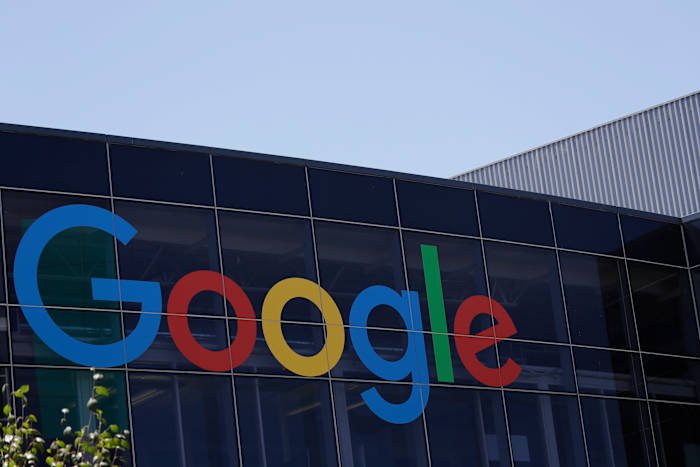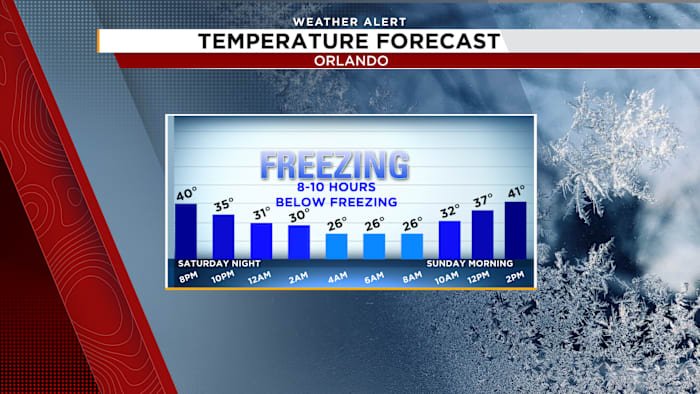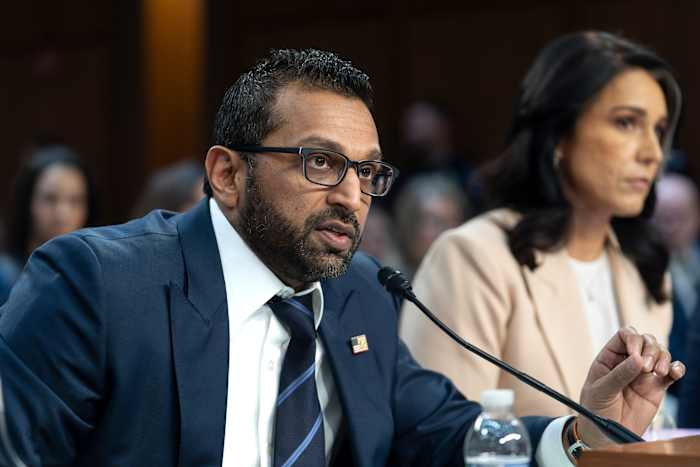In a major move that could reshape the global digital advertising landscape, the European Union has imposed a staggering $3.5 billion fine on tech giant Google. This penalty, resulting from a long-running antitrust investigation, accuses Google of unfairly favoring its own ad-tech services over competitors. While the case may seem distant, its effects are likely to ripple across the world—including right here in Orlando.
Why Google Was Fined: The EU’s Case Explained
On Friday, European Union regulators announced that Google breached EU competition rules by systematically giving preferential treatment to its own digital advertising technology. According to the European Commission, Google’s practices stifled fair competition by making it harder for rivals to compete in the lucrative online ad market. This market is critical for many businesses, as it determines how ads are bought, sold, and displayed across the internet.
The fine amounts to 2.95 billion euros, or about $3.5 billion, making it one of the largest penalties ever handed out to a tech company. Regulators claim that Google’s dominance in ad-tech services meant advertisers and publishers—including local news outlets and small businesses—were left with fewer options and potentially higher costs.
How Google’s Ad-Tech Affects Local Orlando Businesses
Orlando’s vibrant business community relies heavily on digital marketing to reach both tourists and residents. Restaurants, attractions, hotels, and service providers often depend on online ads to draw in customers. Many of these businesses use Google’s ad services either directly or through third-party platforms.
When Google favors its own services, smaller ad-tech companies may struggle to compete, limiting the choices available to Orlando businesses. This could lead to higher advertising costs and less innovative marketing solutions. Local news outlets in Orlando also rely on digital ad revenue to fund quality journalism. If Google’s practices limit competition, it could affect the way these outlets earn money, potentially reducing the diversity of news sources available to our community.
The Global Impact: What This Means for the Digital Ad Industry
This landmark decision sends a clear message to tech giants worldwide: anti-competitive practices will not be tolerated, especially in markets as influential as digital advertising. The EU’s move is likely to prompt closer scrutiny of Google’s business practices not only in Europe but around the globe, including in the United States.
For digital marketers, publishers, and businesses in Orlando and beyond, this could mean more transparency and greater access to ad-tech tools outside Google’s ecosystem. It may also encourage innovation as competitors gain a fairer chance to introduce new services. However, some industry experts caution that changes could take time and that Google may appeal the ruling, prolonging the uncertainty.
What Comes Next? Google’s Response and Potential Changes
Google has already announced plans to review the decision and consider an appeal. In a statement, the company argued that its advertising technology helps publishers and advertisers succeed and that it will “continue to engage constructively with regulators.”
If the fine stands, Google may be forced to make significant changes to its ad-tech operations in Europe—possibly setting a precedent for the U.S. market. Local Orlando businesses and publishers should pay close attention, as similar regulations could eventually be adopted here. This could mean more choices and fairer pricing in digital advertising, ultimately benefiting both small businesses and consumers in Central Florida.
How Orlando News Outlets and Consumers Could Be Affected
For news websites like Daily Orlando News, changes in the digital ad landscape could have far-reaching consequences. If competition increases, local outlets might find it easier to monetize content and reduce their reliance on a single tech provider. This could lead to more diverse, high-quality reporting for Orlando readers.
For consumers, increased competition in online advertising could lead to more relevant and less repetitive ads when browsing their favorite Orlando news sites or local business pages. It could also mean that more of your advertising dollars go directly to supporting local businesses and media, rather than large tech conglomerates.
Conclusion: A Turning Point for Digital Ads in Orlando and Beyond
The EU’s record-setting fine against Google marks a pivotal moment in the ongoing debate over the power of big tech companies. While the full impact remains to be seen, Orlando businesses, publishers, and residents should stay informed about how these changes could reshape the digital advertising landscape.
What do you think about the EU’s decision to fine Google? Do you believe it will help level the playing field for Orlando businesses and news outlets? Share your thoughts in the comments below—we’d love to hear your perspective!
















